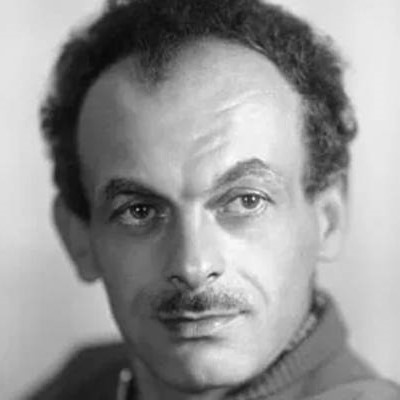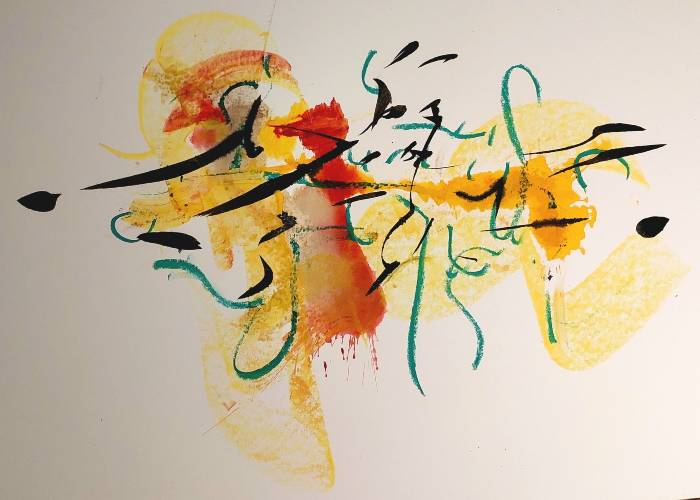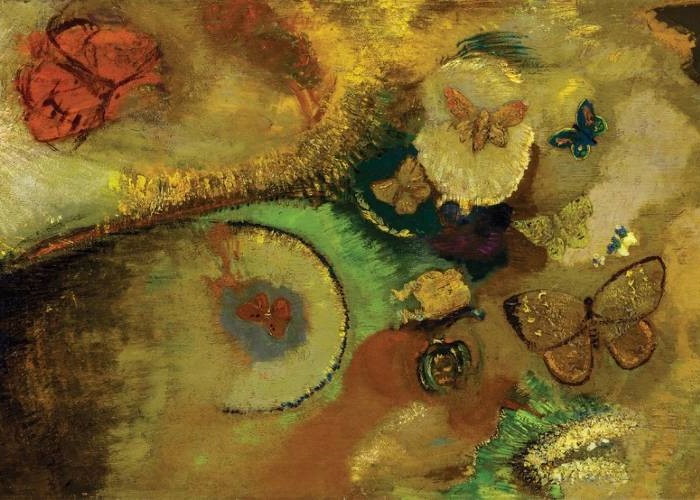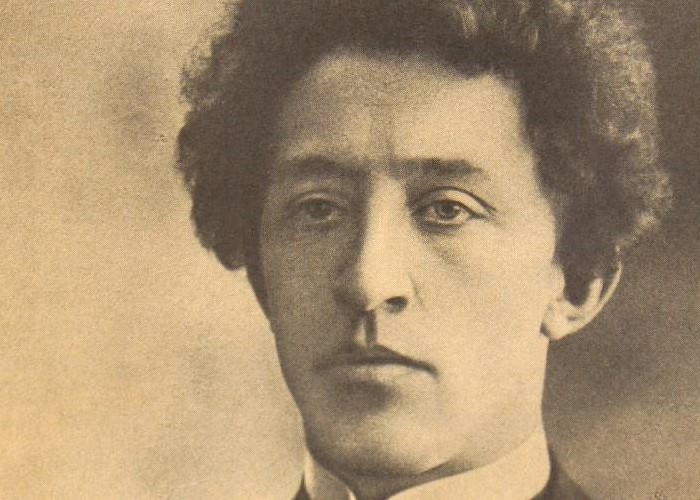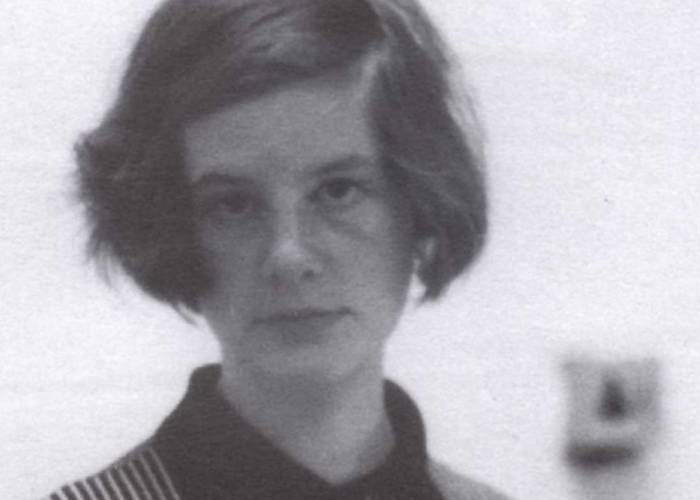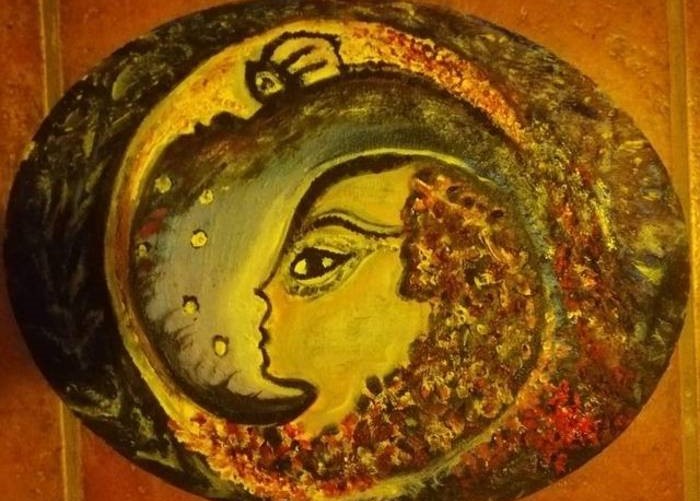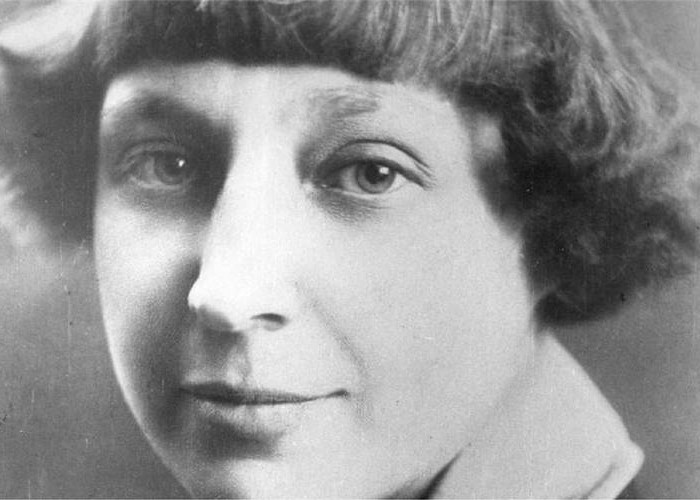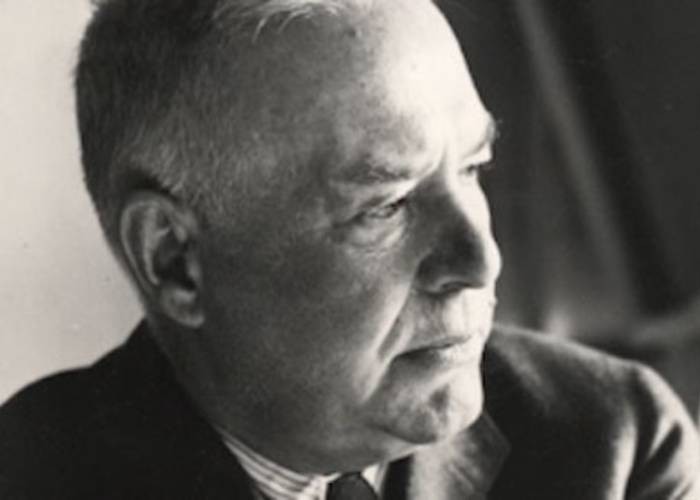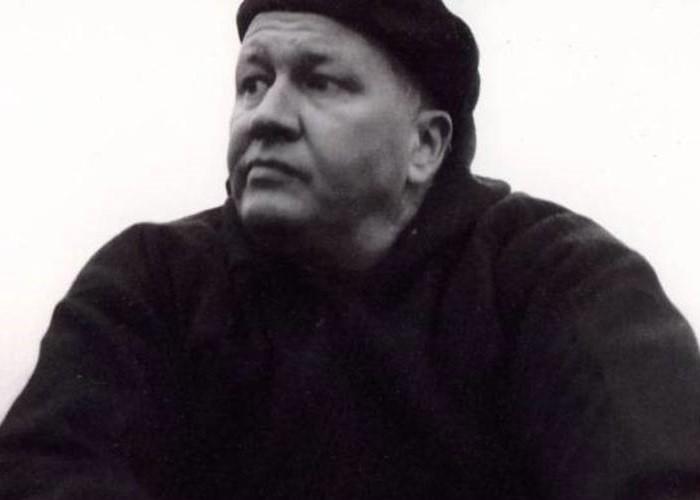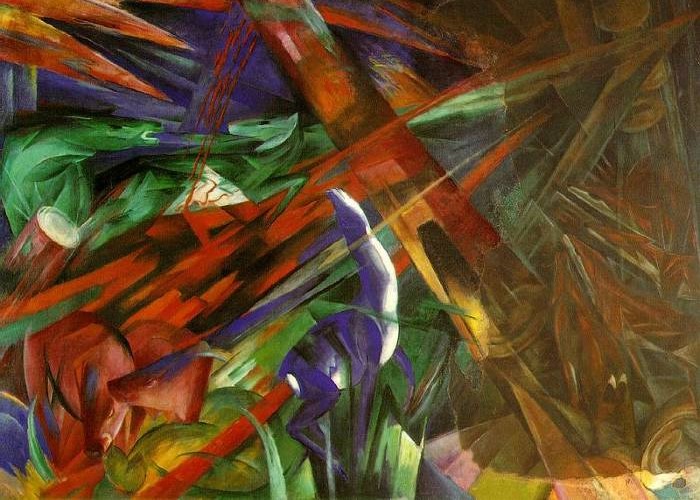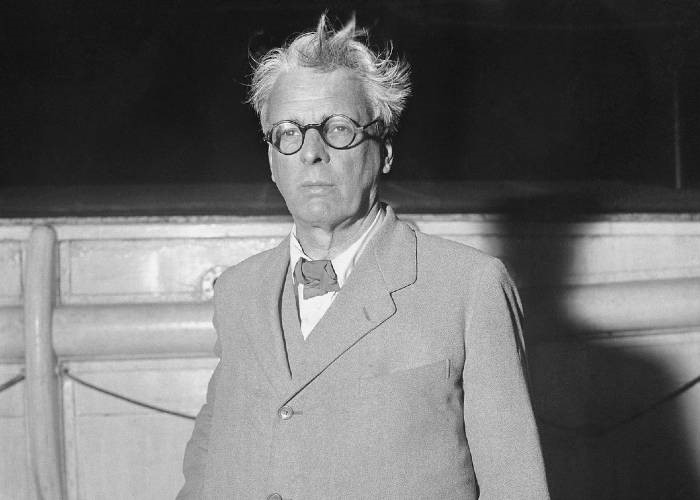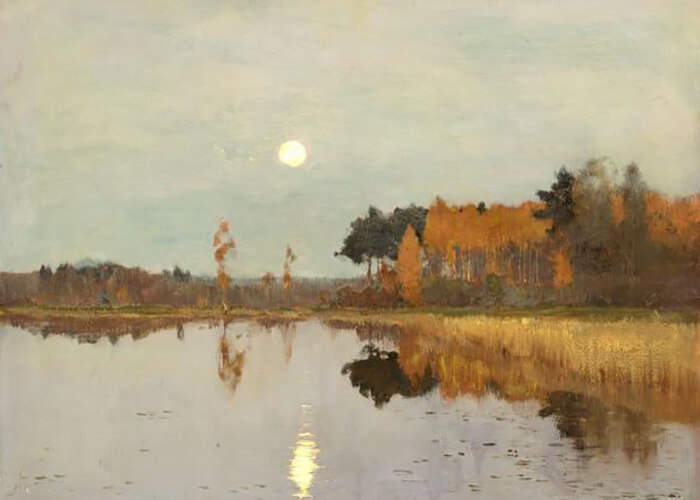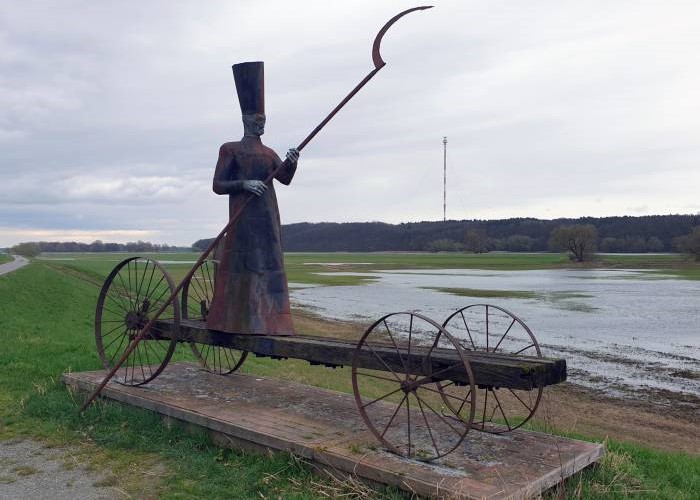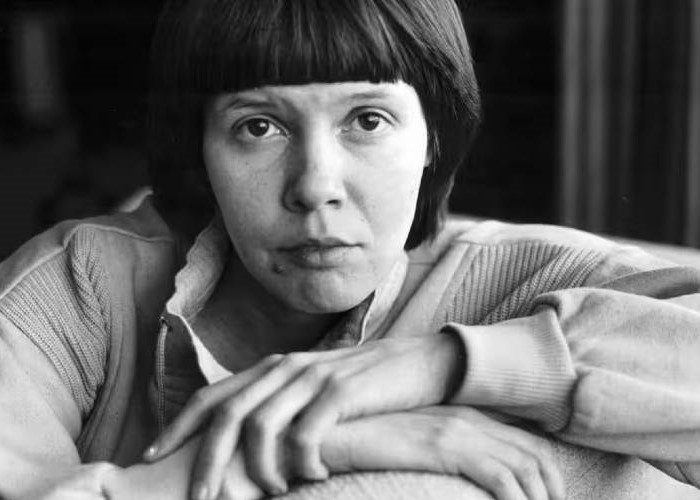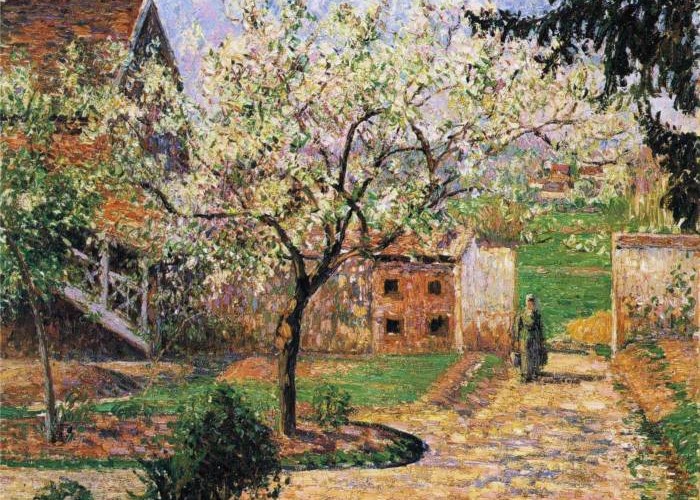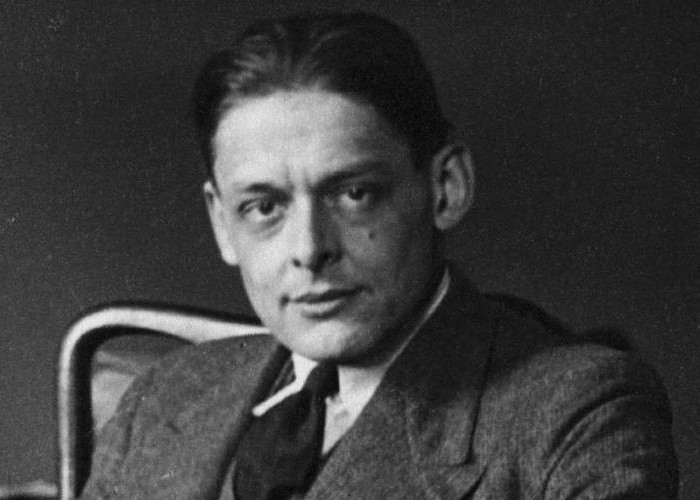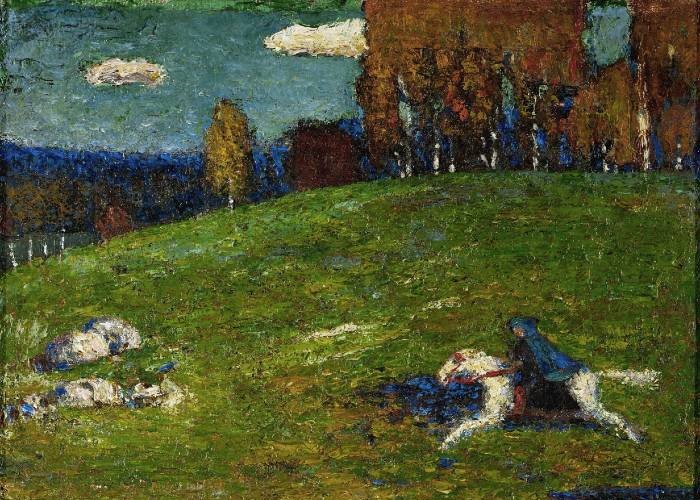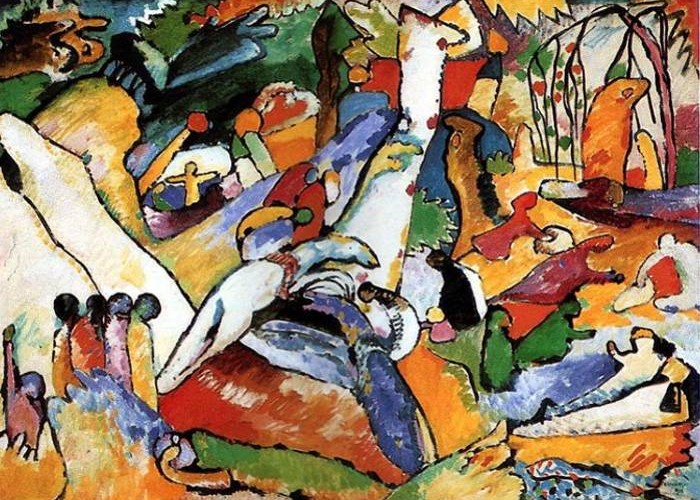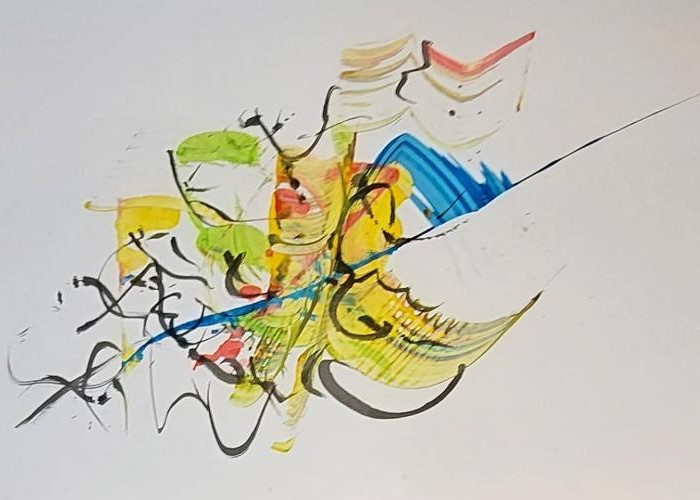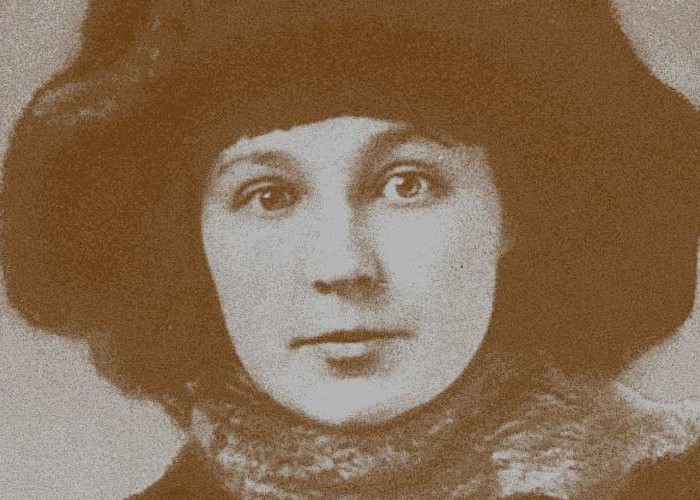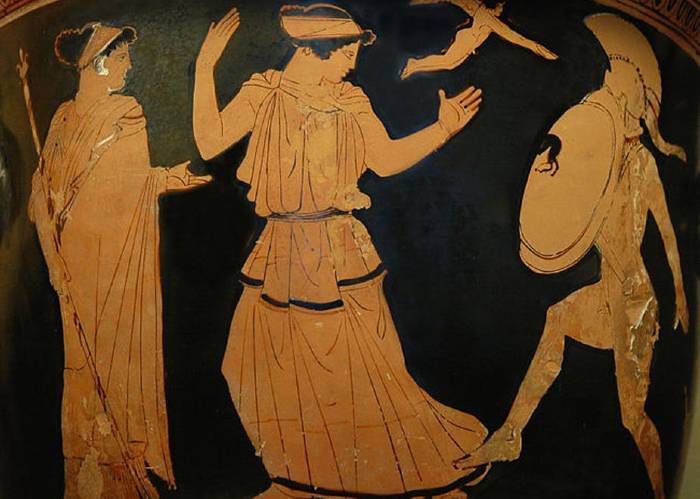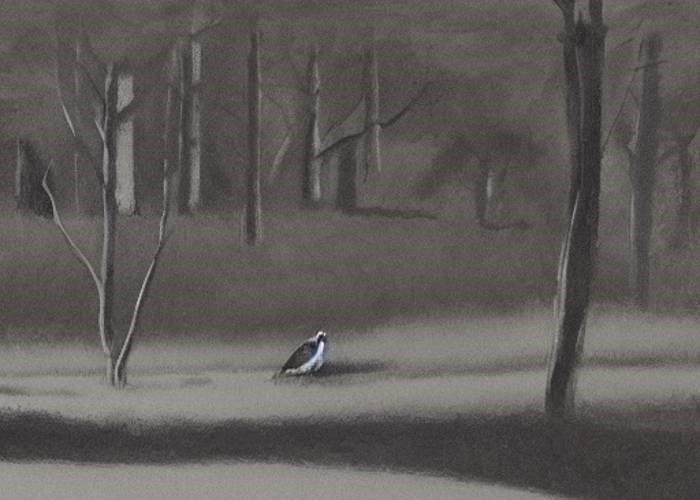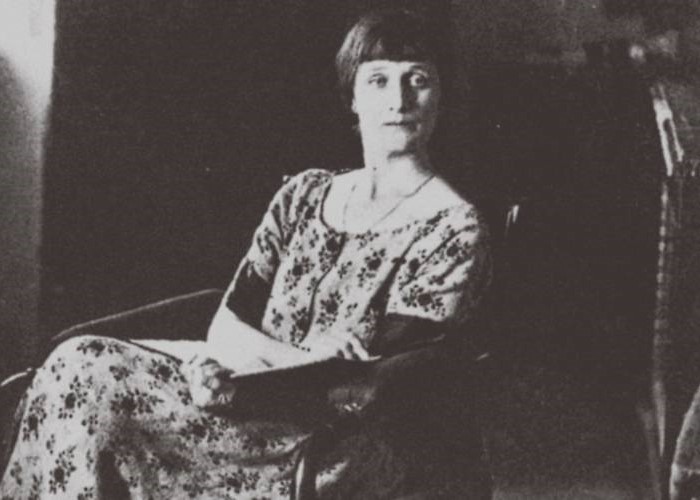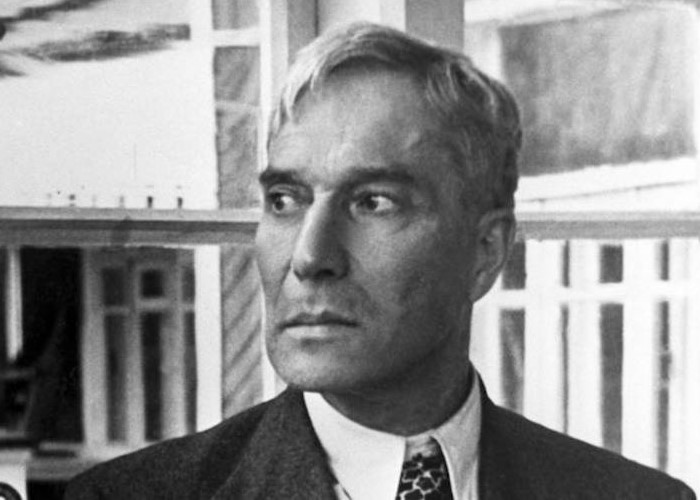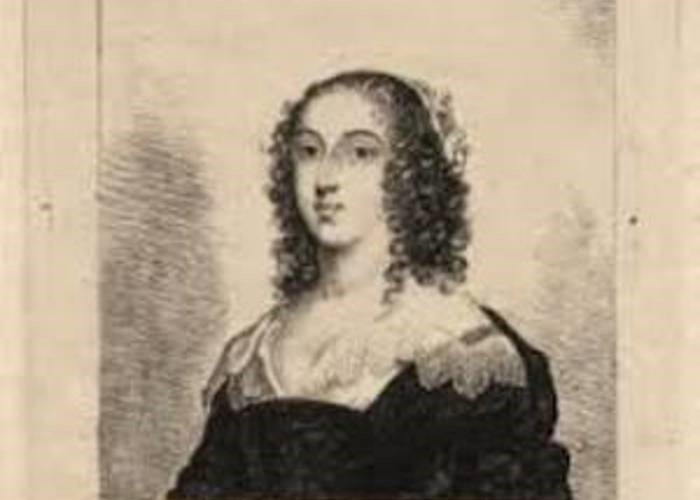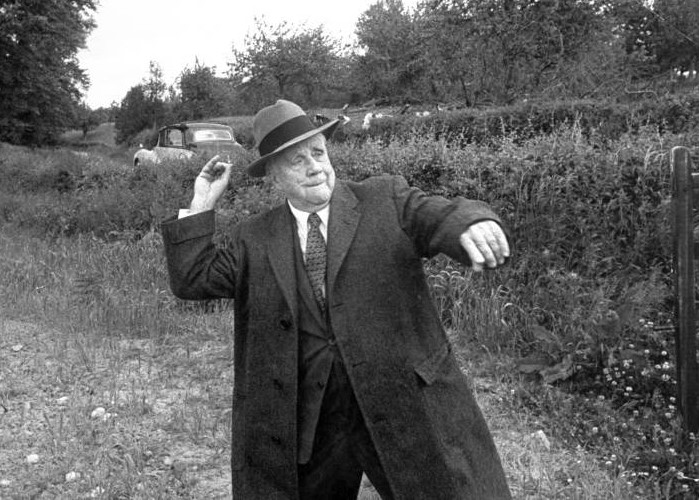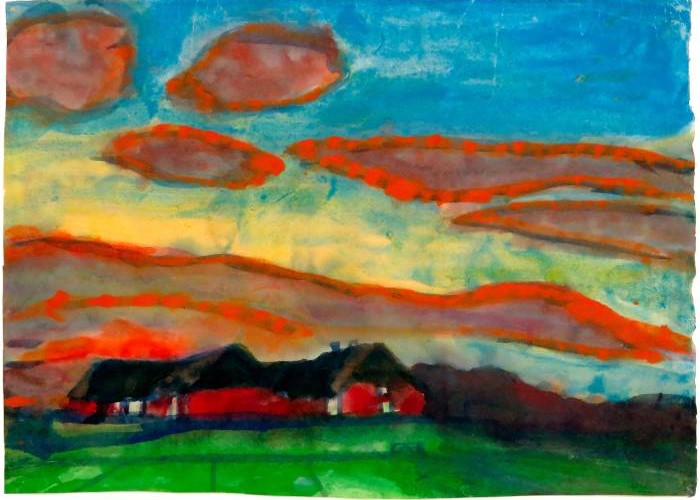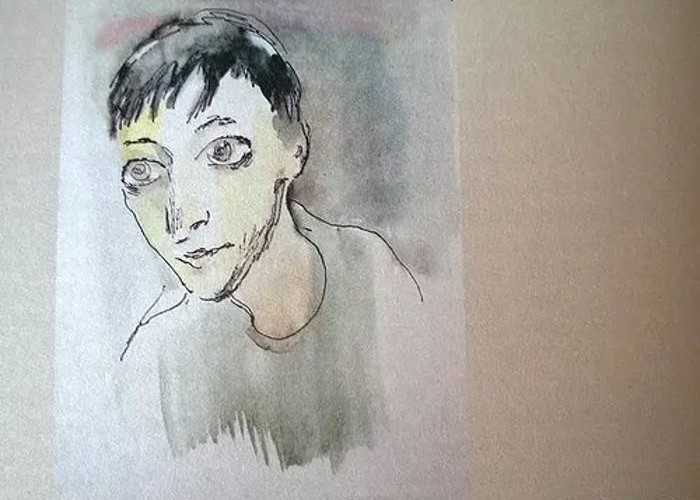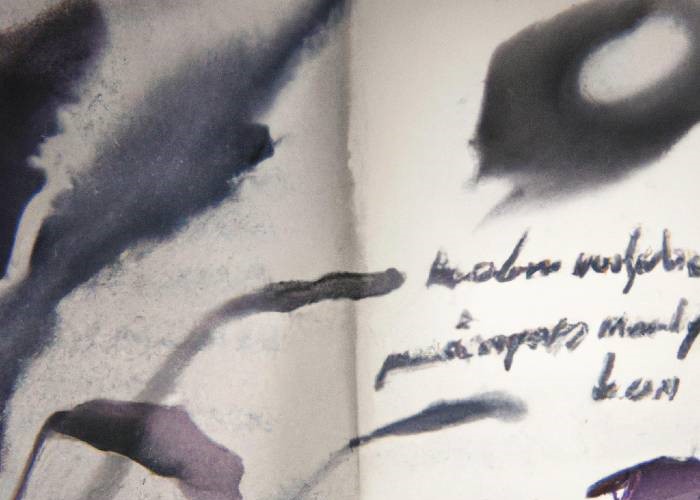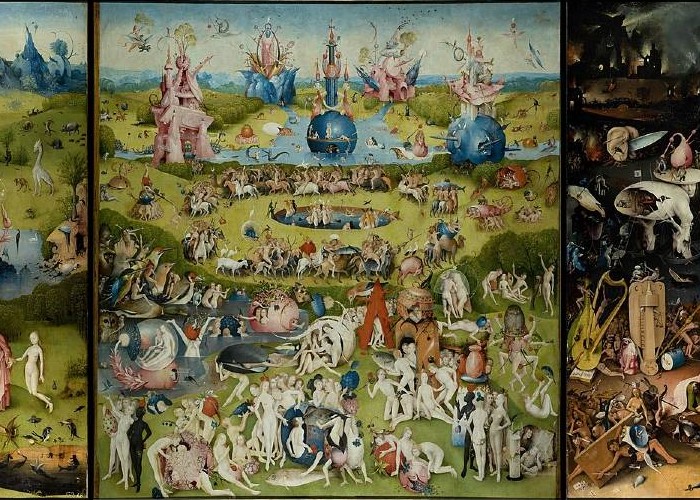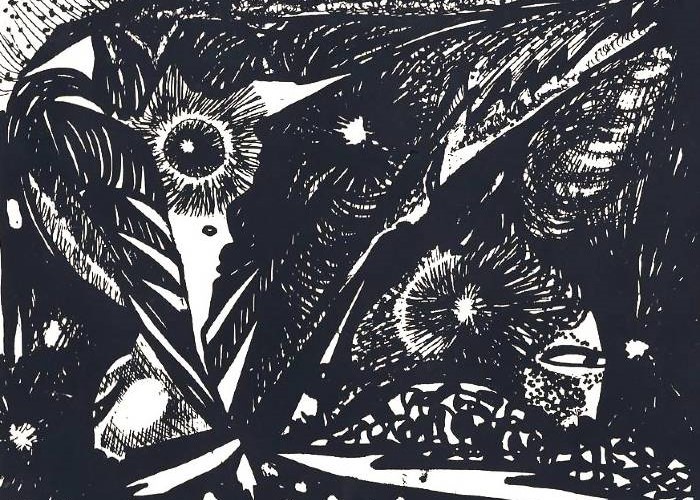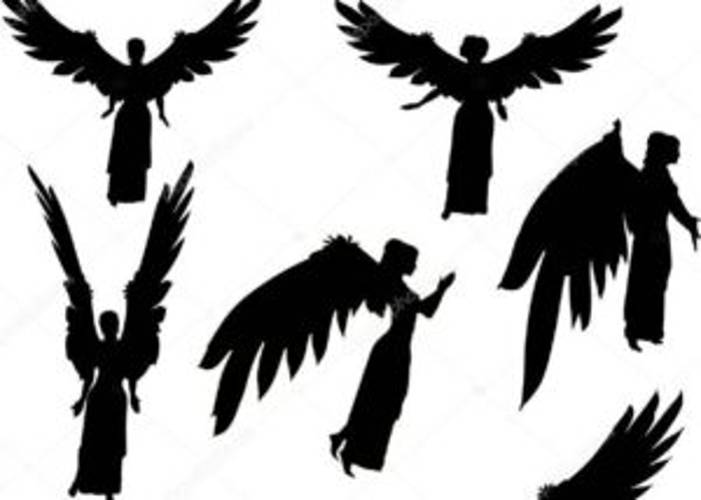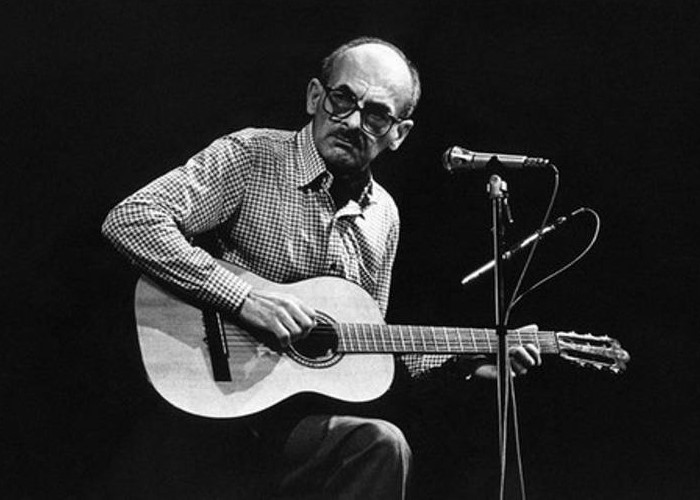At odds with a neighbor, the king had been planning a raid
His queen had been saving stale bread to provide him with rations
She mended his worn royal mantle with such care and passion
And gave him a pouch of tobacco and salt in a rag
The queen put her palms on his chest, as she bid him farewell
And told him, caressing his features with radiant glances
Avoid the repute of a pacifist, pummel their asses
And pillage sweet cookies from enemy pantries as well
The king saw his army lined up in the court for parade
Five gloomy recruits with five merry recruits, and a sergeant
“No matter the press or a tempest, we’ll march to the farthest
And come with a victory,” thundered the king, and hurray
As soon as the trumpets and speeches had quieted down
The king made important amendments to his duty rosters
The merry recruits were promoted to be quartermasters
The gloomy ones left to be soldiers, what else could be done
Who would have imagined, the victory days have arrived
The gloomy recruits never made it back home from the battle
The sergeant, a gullible soul, wed a captured combatant
And yet they have seized a big sack of sweet cookies all right
Let laughter and singing be heard, let the orchestra play
It’s silly to dwell on the transient trials, believe me
It would be no use if the gloomy recruits went on living
There’s not enough cookies for all at the end of the day
Песенка о старом, больном, усталом короле, который отправился завоевывать
чужую страну, и о том, что из этого получилось
В поход на чужую страну собирался король.
Ему королева мешок сухарей насушила
И старую мантию так аккуратно зашила,
Дала ему пачку махорки и в тряпочке соль.
И руки свои королю положила на грудь,
Сказала ему, обласкав его взором лучистым:
“Получше их бей, а не то прослывёшь пацифистом,
И пряников сладких отнять у врага не забудь.”
И видит король – его войско стоит средь двора:
Пять грустных солдат, пять весёлых солдат и ефрейтор.
Сказал им король: “Не страшны нам ни пресса, ни ветер!
Врага мы побьём, и с победой придём, и ура!”
И вот отгремело прощальных речей торжество.
В походе король свою армию переиначил:
Весёлых солдат интендантами сразу назначил,
А грустных оставил в солдатах – авось ничего.
Представьте себе, наступили победные дни.
Пять грустных солдат не вернулись из схватки военной,
Ефрейтор, морально нестойкий, женился на пленной,
Но пряников целый мешок захватили они.
Играйте, оркестры! Звучите, и песни и смех!
Минутной печали не стоит, друзья, предаваться:
Ведь грустным солдатам нет смысла в живых оставаться,
И пряников, кстати, всегда не хватает на всех.
